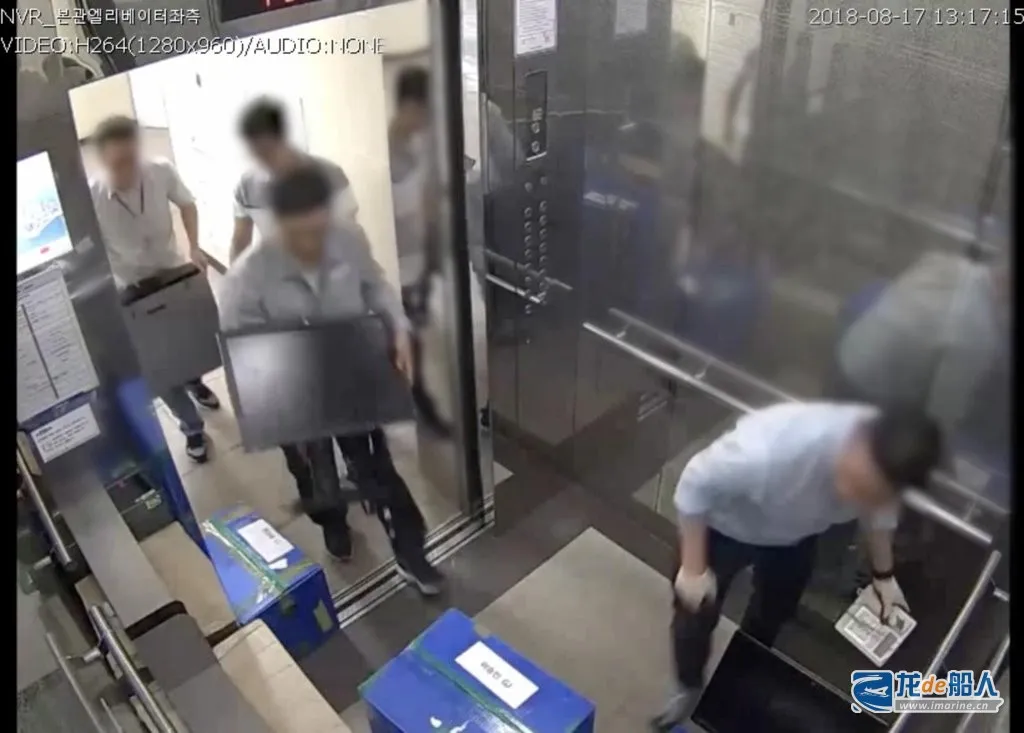HD Hyundai Heavy Industries Some executives and employees were accused of destroying or concealing evidence of violations of Korea’s Subcontracting Act prior to an investigation by the Korea Fair Trade Commission (KFTC). And the court’s second judgment, which has just been concluded, overturned the acquittal in the first instance.

Korean media reports that the Seoul Central District Court has overturned the acquittal of former Hyundai Heavy Industries Executive Vice President A during the first trial and sentenced him to one year in prison for destroying or concealing evidence. A subordinate employee of A, B, was charged with assisting A to destroy evidence and sentenced to eight months’ imprisonment and two years’ probation.
Another person involved in the case, surnamed C, upheld the verdict of innocence in the first instance during the second trial.
With regard to the outcome of the second instance judgment, the court held that “the heavier penalty was imposed because the systematic and widespread destruction of materials by A and others was sufficient to prevent the discovery of the substantial truth of the violation of the Subcontracting Act. Moreover, it does not appear that these acts were done in the course of business for personal gain.”
Specifically, A and others are accused of replacing their personal computers and hard disks in July and August 2018 in order to obstruct KFTC’s ex officio investigative actions on whether the Subcontracting Act was violated, thereby destroying evidence that could be used in a criminal case.
In 2019, the KFTC determined that Hyundai Heavy Industries entrusted more than 48,000 ship and offshore project manufacturing jobs to about 200 outsourcing companies between 2014 and 2018. The KFTC decided to impose a fine of 20.8 billion won (currently equivalent to about $15.3 million) and file a lawsuit against Hyundai Heavy Industries for pressuring the company to reduce outsourcing payments and for issuing contracts to outsourcing firms only after the project had begun.
After several years of dispute, the Seoul Central District Court in South Korea issued a not guilty verdict during the first trial, stating that the prosecution failed to prove that A and others were aware of the possible consequences of destroying evidence related to the criminal case. This is because at the time of destroying the evidence, the main concern of the Hyundai Heavy Industries executives and their employees was not the prosecution’s investigation, but the legality of the KFTC’s investigation itself.
However, the Seoul Central District Court overturned the acquittal during the second trial, saying that the defendants were fully aware that the KFTC had reported Hyundai Heavy Industries to prosecutors for violating the Subcontracting Act, which could lead to future criminal cases.
The court noted that the defendants had made a statement during the Korean Fair Trade Commission investigation that Hyundai Heavy Industries was aware of “the possibility of prosecution if the Korean Fair Trade Commission investigation proves its allegations.”
The court noted that the defendants had made statements during the KFTC investigation that Hyundai Heavy Industries was aware of “the possibility of prosecution if the KFTC investigation proves its allegations.”


